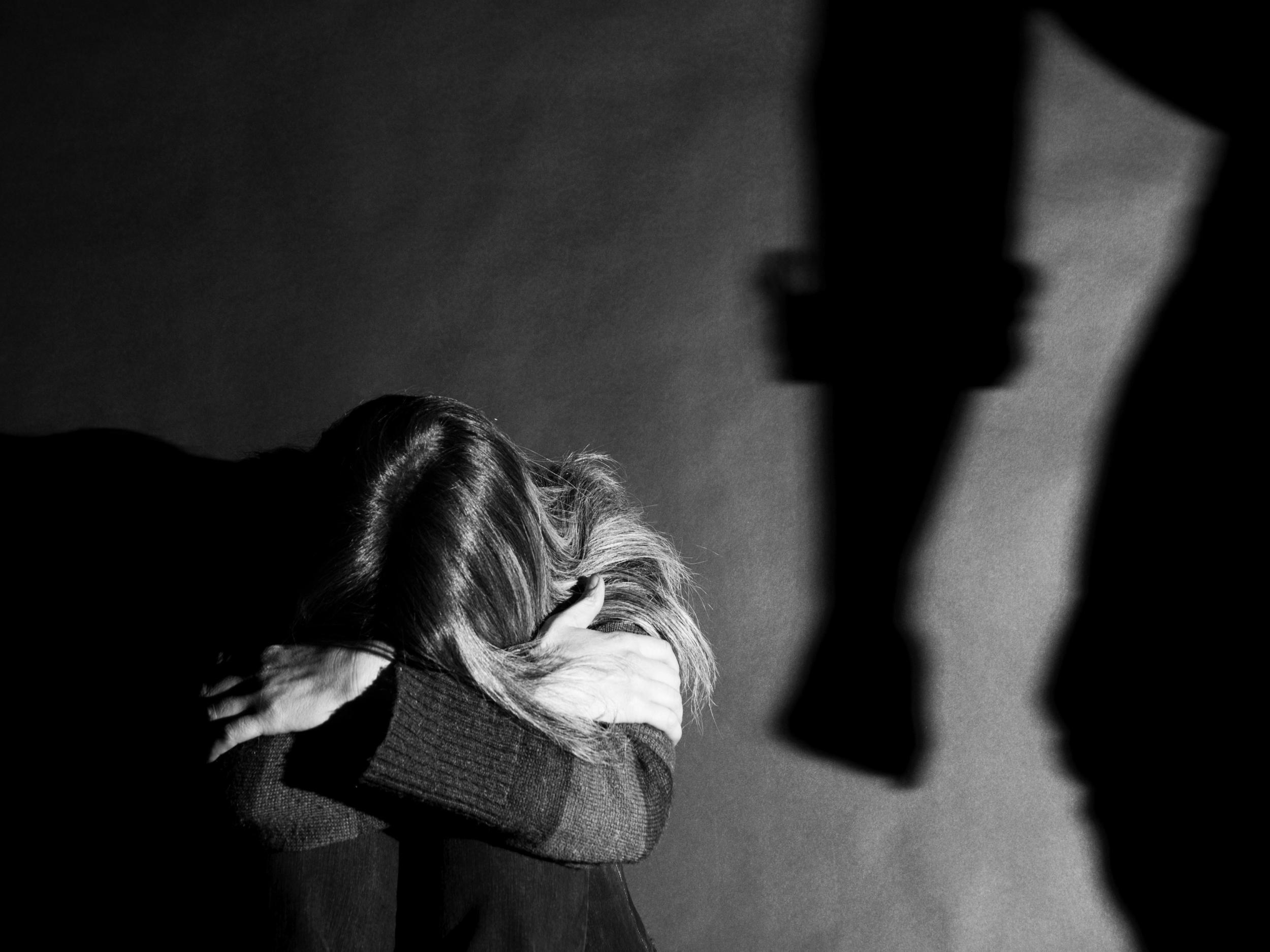Violent crimes against women and girls in England and Wales at all time high over past year
'Today a rape is more likely to be convicted than ever before,' says DPP

Prosecutions for violent crimes against women and girls in England and Wales were at an all-time high last year,.
The annual Violence Against Women and Girls report shows that prosecutions and convictions for violent crimes including rape, domestic abuse, sexual offences and child abuse all rose by almost 10 per cent to to 117,568 in the year 2015-6.
Rape prosecutions and convictions reached record levels, with 4,643 prosecutions proceeding last year, resulting in 2,689 convictions.
Although the report focuses on crimes that have been committed primarily by men against women, the figures include offences committed against men and boys.
Nearly 12,000 defendants were prosecuted for sexual offences other than rape, a rise of 22.5 per cent on the previous year and the largest number of prosecutions recorded.
Allison Saunders, head of the CPS said: "Today a rape, domestic abuse, sexual offence or child abuse case is more likely to be prosecuted and convicted than ever before."
But she said increased use of the internet played a role in the rise in crimes against women and girls, with social media enabling abuse.
New laws against revenge porn have also contributed to the increase. Legislation against sharing private sexual images without consent introduced in April 2015 has resulted in 206 cases being brought. Many defendants plead guilty to the offence, which carries a sentence of up to two years in prison, according to the DPP.
Domestic abuse referrals from police fell slightly, but more than 100,000 defendants were prosecuted and more than 75,000 convicted – the highest volumes on record.
As of the end of March, five prosecutions were completed under a new domestic abuse law against coercive and controlling behaviour introduced in December
Citizens Advice Chief Executive, Gillian Guy said: "In homes up and down the country people are suffering all kinds of domestic abuse, often at the hands of a loved one.
"It is good to see that there has been an increase in prosecutions as this helps to protect victims from their abuser.
“But it is important that more people are encouraged to report coercive control, prosecutions for which remain very low, and that family and friends are helped to spot the signs of abuse.
"Two in five people don't know domestic abuse can have a financial side but the law now reflects that it is a crime."
Rachel Krys, co-director of the End Violence against Women Coalition, said the increase in prosecutions showed more women were seeking justice.
She added: "But it is still the case that the majority of women and girls subject to these crimes do not report them to the police and the specialist services which support them are fighting for survival."
Polly Neate, chief executive of Women's Aid, said survivors of domestic abuse were starting to have more confidence in the criminal justice system, but added: "We know that much more work is still needed, particularly in understanding of the nature and impact of coercive control, right across the criminal justice system."
The CPS figures also showed there were 53 prosecutions "flagged" as forced marriage, with six in ten of those leading to convictions
However, in the period covered by the report there were no successful prosecutions under a specific forced marriage offence, which was introduced in 2014.
Meanwhile, the number of prosecutions and convictions for so-called honour-based violence fell.
According to the CPS report, child sexual abuse prosecutions rose by 15.4% from 5,387 to 6,217, with convictions up 16.8% from 3,975 to 4,643.
An NSPCC spokesman said the rise in prosecutions "Sends an important message to victims that they will be taken seriously when they report abuse, and a warning to abusers that they are less likely to get away with their crimes.
“Children have to be tremendously brave to be a witness against someone who has abused them."
But he added: "It is a scandal that children continue to face a postcode lottery when getting help to give evidence.
"Some courts and police forces are making a big effort to ease the burden for child witnesses but there is still some way to go and for too many children the courts can be inappropriate and intimidating places.”
Join our commenting forum
Join thought-provoking conversations, follow other Independent readers and see their replies
Comments
Bookmark popover
Removed from bookmarks